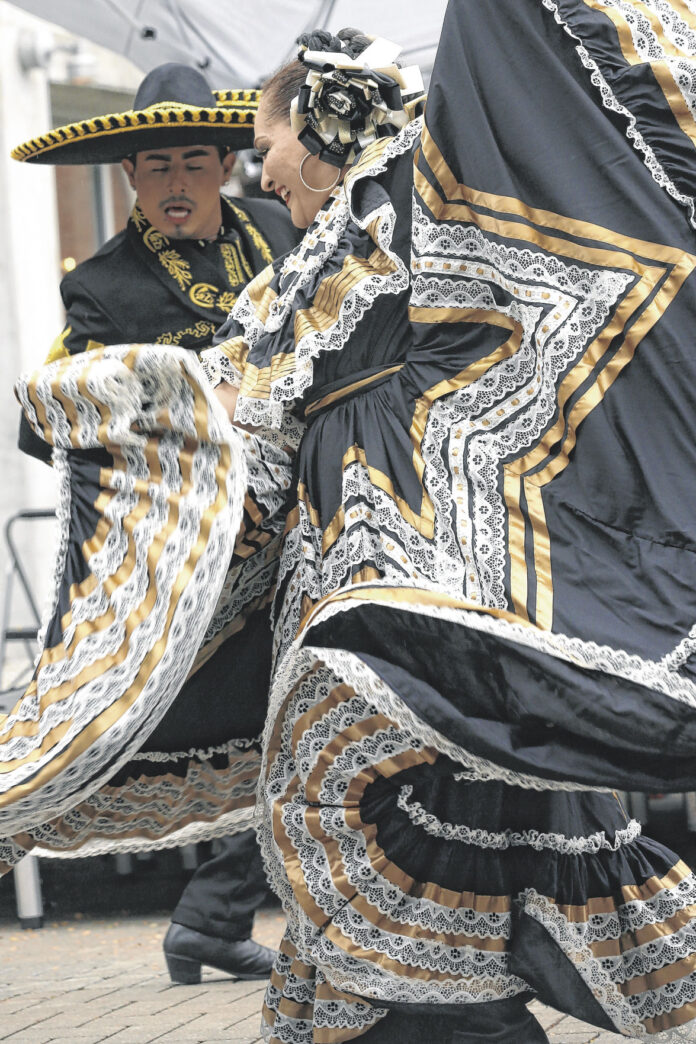
City leaders expect to return to the original, one large Ethnic Expo the first weekend of October next year, providing that pandemic conditions allow it to happen.
This comes in the wake of a highly successful four-event Expo format this summer and fall in downtown Columbus along Fourth Street. Those were organized as a way of encouraging smaller crowds to gather safely amid the continuing COVID-19 pandemic.
But leaders will make a final decision in February, according to Mary Ferdon, the city’s executive director of administration and community development.
“We would like to bring back the original format which brings the diversity of Columbus together rather than separating ethnicities,” Ferdon said.
Ferdon and Robin Hilber, community development assistant director, pointed out that while they were pleased with the turnout for those gatherings that attracted from 1,000 to more than 2,000 people, most attendees were of the ethnicity presenting the gathering, and not a diversity of people.
Ferdon said some residents have told city officials they were “concerned that a large number of the participants were from the specific culture being celebrated, so it was not as much a celebration of diversity and bringing people together as in the past,” Ferdon said.
The late Barbara Stewart did indeed launch Expo in 1984 as a way for international residents to share their history, food and culture with the rest of the local community in order to build bridges of understanding and friendship.
“That original purpose was about bringing all the different cultures together,” Hilber said.
Ferdon and Hilber mentioned that nearly all of those recent summertime and fall events — Juneteenth, Ganesh Festival and Fiesta Latina — will remain on the local community calendar of events, and probably will retain a strong following.
“They’re still wonderful celebrations and great for those who attend,” Hilber said.
Other feedback presented to the city was that residents missed the idea of eating food from a wider variety of countries and cultures. They also said they missed the dining tent where they could sit and relax and eat.
“Of course, this summer, we didn’t want people eating together,” Hilber said, referring to the virus.
However, Ferdon said the summer and fall events did allow people to enjoy themselves when the local event calendar was more limited.
“The overwhelming comment we heard was that each group enjoyed highlighting their culture,” Ferdon said. “They enjoyed celebrating with others whom they knew as well as those who attended and did not know about the specifics of the culture and country. And of course, the smaller events allowed people to feel they could safely participate.”




